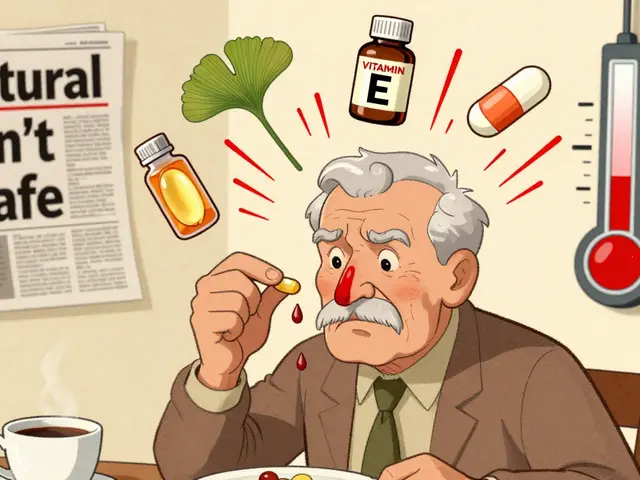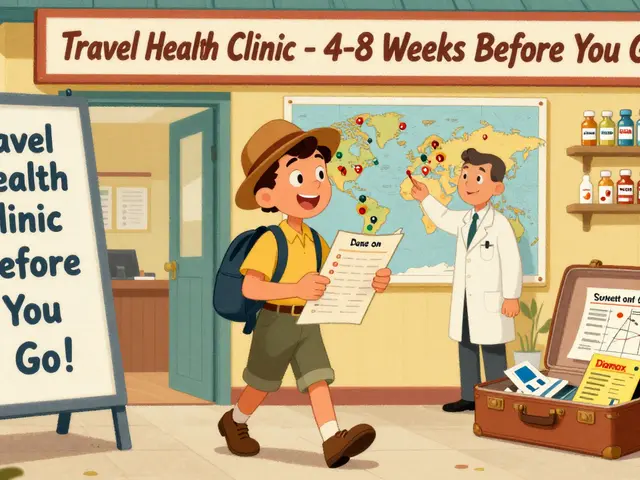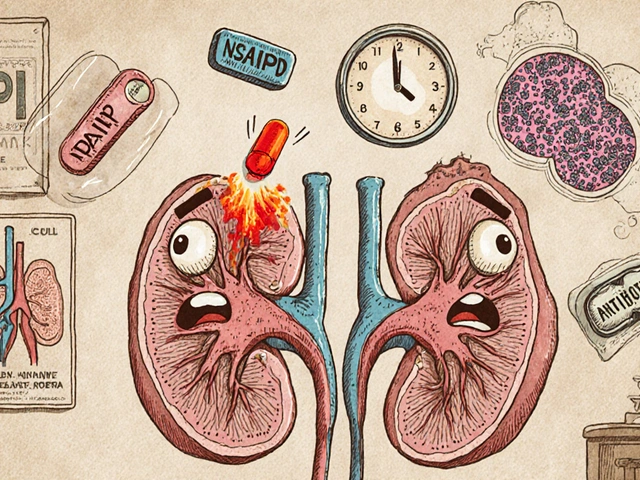Antidepressant Basics: What You Need to Know
If you or someone you love is dealing with depression, the first question is often “which medicine should I take?” Antidepressants come in several families, each with its own strengths and quirks. This guide breaks down the main types, what to expect, and where to look for alternatives if the first choice doesn’t fit.
How Antidepressants Work
Most antidepressants change the balance of chemicals called neurotransmitters in the brain. Think of neurotransmitters as tiny messengers that help mood stay stable. By boosting or blocking these messengers, the drugs can lift low mood, reduce anxiety, and improve sleep.
Choosing an Antidepressant or Alternative
The right drug depends on your symptoms, health history, and how your body reacts. SSRIs (like sertraline and fluoxetine) are often first‑line because they’re gentle and have fewer side effects. SNRIs (such as venlafaxine) add a boost for pain and fatigue. Atypical options—like bupropion or mirtazapine—work differently and can help when standard drugs fall short.
Side effects are the next big factor. Some people get nausea, headaches, or a dry mouth. A few notice changes in sexual desire or weight. Most side effects fade after a couple of weeks, but if they persist, it’s worth talking to a doctor about switching.
If the first antidepressant isn’t a good fit, you have plenty of alternatives. Our tag page includes articles on “Exploring Alternatives to Bupropion” and “Alternatives to Wellbutrin SR,” which cover eight other meds you might try. Common switches include moving from an SSRI to an SNRI, adding bupropion for extra energy, or trying mirtazapine if sleep is a problem.
When you chat with your prescriber, bring a list of current meds, any health conditions, and the side effects you’ve felt. Ask about how long you’ll need to stay on the drug, what to do if you miss a dose, and how to taper safely if you decide to stop.
Monitoring is key. Most doctors suggest a follow‑up after 4‑6 weeks to see how you’re doing. Keep a simple mood diary—note sleep, appetite, and any new feelings. This helps you and your doctor decide whether to keep the dose, adjust it, or try something else.
Finally, remember that medication is just one part of treatment. Therapy, exercise, and a balanced diet all boost the benefits of antidepressants. If you’re curious about non‑drug options, check out our posts on lifestyle changes and natural supplements that can complement your prescription.
Bottom line: antidepressants can be powerful tools, but they work best when you understand how they act, what side effects might show up, and when to consider alternatives. Use the resources on this tag page to compare options, and always keep the conversation open with your healthcare provider.





